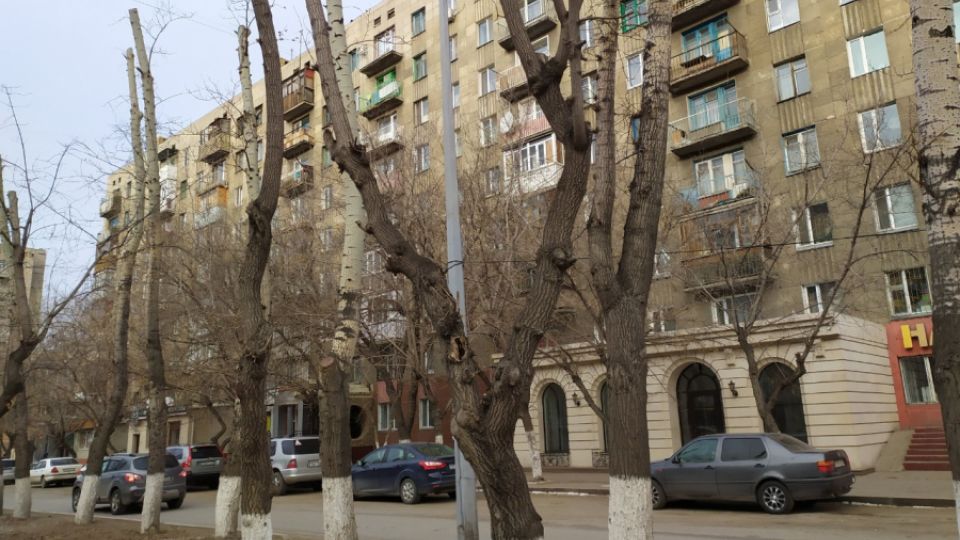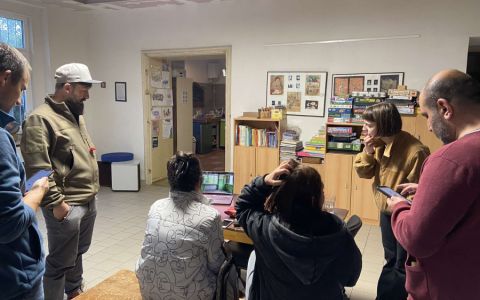The regional parliament in Karaganda, Kazakhstan, approved new rules for maintaining and protecting green spaces. They reflect on national regulations and should put an end to some undesirable practices. Will they help solve the problems of green space loss and protect the remaining ones?
The new document covers all green spaces in the city except for the territories of private residential buildings or summer houses, so-called “dachas”. It also sets out responsibilities for the municipal greenery, e.g., who oversees the condition of the greenery and keeps a record of it. It is also clearly stated that the data must be available to the public. Urban development also should become more transparent as the municipal dendrological plan must be published “on the official internet platforms of the authorized body.”
“All these steps support the public supervision in the whole process and make it harder for those who don't want to follow the rules,“ explains Anna Andreychuk from the Karaganda-based NGO EcoMuseum. She adds: “We organized a round table on June 9 on problematic issues of urban greenery as part of our joint project with Arnica, funded by the EU. Local activists referred to their practices and international experience. Furthermore, they pointed out a huge discrepancy between the old municipal and standard national rules. Finally, this gap is eliminated by the approval of new rules.”
The document explains what practices are not legal anymore. For instance, there are requirements to fence trunks of trees during construction works to prevent damages caused by heavy machinery. Another notorious practice that the new rules should put a stop to is surrounding trees with asphalt or paving stones right up to the trunk. There is a clear requirement “to leave a circle around the tree with a diameter of at least 1.2 meters”.
Everybody should also remember that a person must receive permission from an authorized institution to cut any tree. Moreover, for rare species of trees named in a special list, such a permit cannot be issued at all. For example, a common oak, a widespread tree in Europe, belongs to the category of rare species in Kazakhstan and, therefore, cannot be cut. Once you really must cut a tree and obtain permission for that, there is a new duty to plant ten new trees instead. This rule corresponds to a Kazakh folk wisdom: “If you cut down a tree, plant ten new ones.” It seems that the ancient Kazakhs were no strangers to sustainability principles.
“Transparent policy for public green spaces has been long needed in the Karaganda region. New rules are better, but they still leave room for improvements in the legislation. The current update of the regional law is a good stepping stone towards creating a public discussion on the shared green spaces and adopting the worldwide standards in the city planning and tree care,” concludes Jiri Vidiecan from Arnika.

Disclaimer: 'This article was created and maintained with the financial support of the European Union. Its contents are the sole responsibility of the Arnika Association and EcoMuseum and do not necessarily reflect the views of the European Union.'







